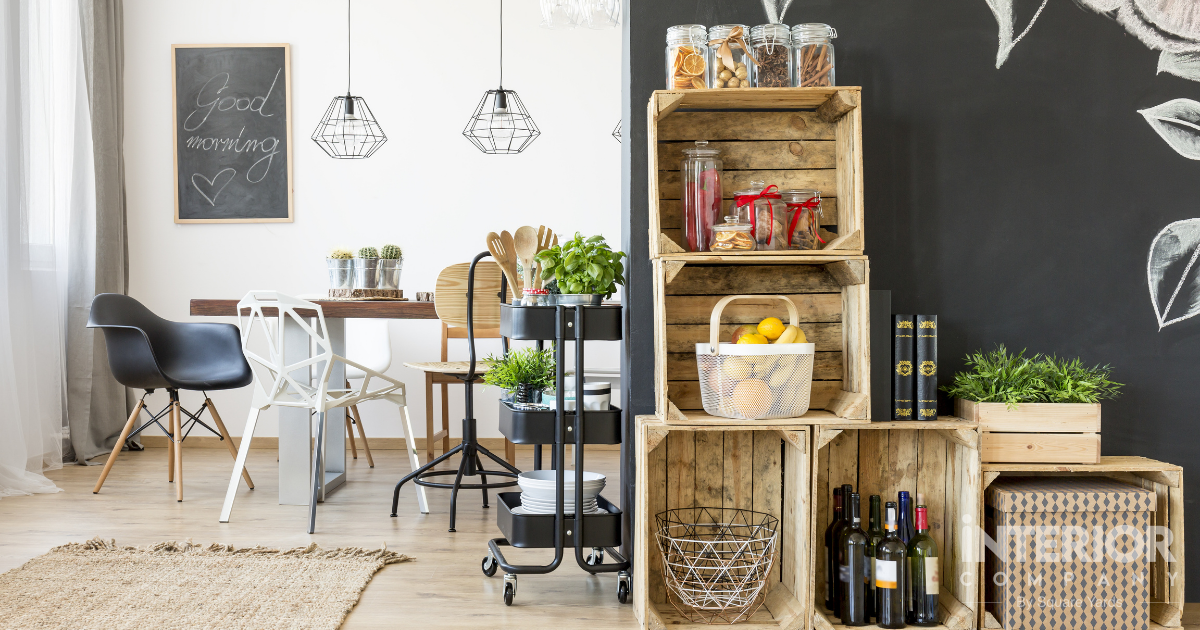- Design Ideas
- Cities
- Trends
- Guides
- Price Calculators
- Our PortfolioNEW
- More
- Home
- Trends
- Furniture And Decor
- Gardening
- Garden Maintenance Tips
20 Garden Maintenance Tips That Keep Your Garden Healthy & Well-maintained
A garden is evolving from season to season and year to year. Gardening is celebrated for purifying the beloved surroundings and being a mood-booster. Yet, amidst the hustle and bustle of daily life, we get scarce time to beautify and maintain our outdoor spaces. So, how exactly to pull this off and give our cherished space the attention it deserves? The secret to a thriving garden lies in creative thinking and adapting an efficient approach. To make your garden the pride and joy of your home, we have shared advice and maintenance tips curated by our experts to upscale your gardening routine and boost the aesthetic value of your living space.
Table of Content
Know Your Soil
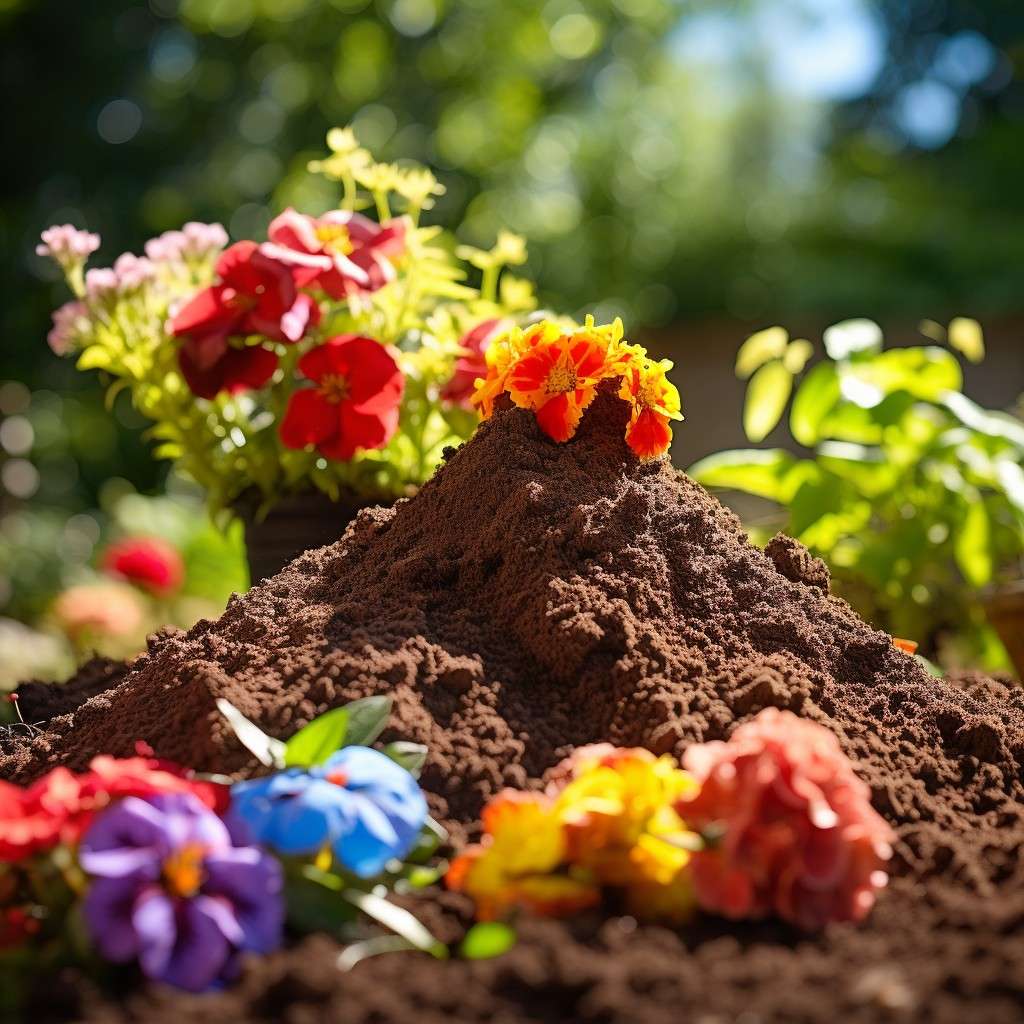
- The secret of a thriving garden lies beneath the surface, in the soil itself. Different plants require different pH levels and nutrient balances to flourish. Perform a soil test with kits available at garden centres or through local services to determine its pH and levels of key nutrients. This will help you select lawn and garden maintenance plants and can lead to more robust plant growth.
- As soil degrades over time, it needs to be refreshed, so replace it when necessary.
- Adding mulch enhances soil quality and retains the soil moisture of your garden. In addition, the mulching technique suppresses weeds and retains moisture without suffocating plant roots. It’s a simple yet effective way to care for and maintain the garden.
Choose the Right Plants
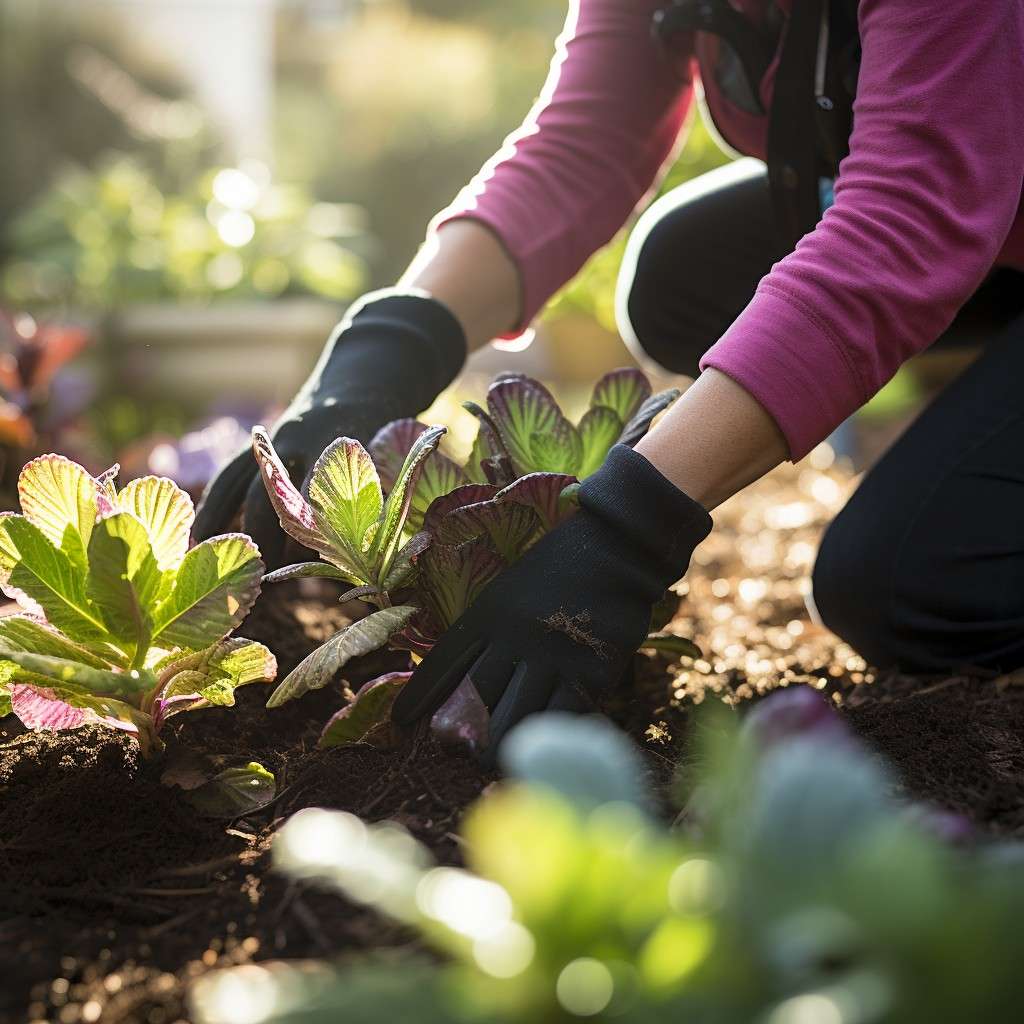
- Selecting plants that are well-suited to your garden's specific conditions and are easy to grow is another step in garden care and maintenance. Check the sunlight your garden receives, whether full sun or partial shade. Consider drought-tolerant plants for your home and garden maintenance, such as lavender and verbena that can thrive with less water and can survive dry, hot summers.
- Removing dead flower heads, or deadheading, is an essential process that helps with a plant's overall health, as it encourages blooming again. Check for rotted stems and mushy roots and remove dead, aged, or unattractive flowers from a plant as needed.
Water Wisely
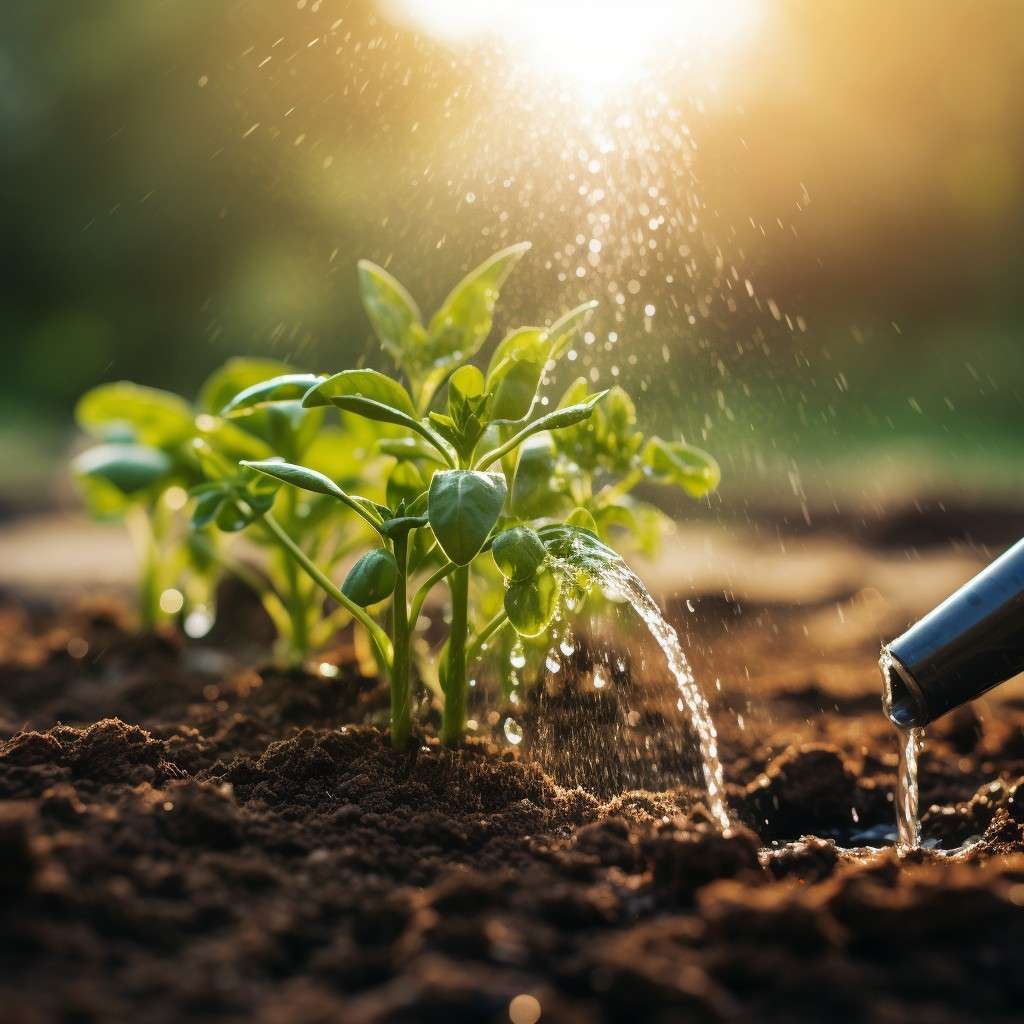
- Efficient watering practices are vital for deep-root development, plant health and garden maintenance.
- It’s better to water the plants early in the morning or evening to minimise evaporation than during the heat of the day.
- Use self-watering systems like drip irrigation or soaker hoses to deliver water directly to the soil for ideal garden maintenance. Avoid watering the leaves or plant heads, which can promote disease or damage.
- Adjust your watering practice based on the weather and the specific needs of your plants. Collect rainfall in large barrels or cisterns as it has a lower pH than water from the mains.
Companion Planting
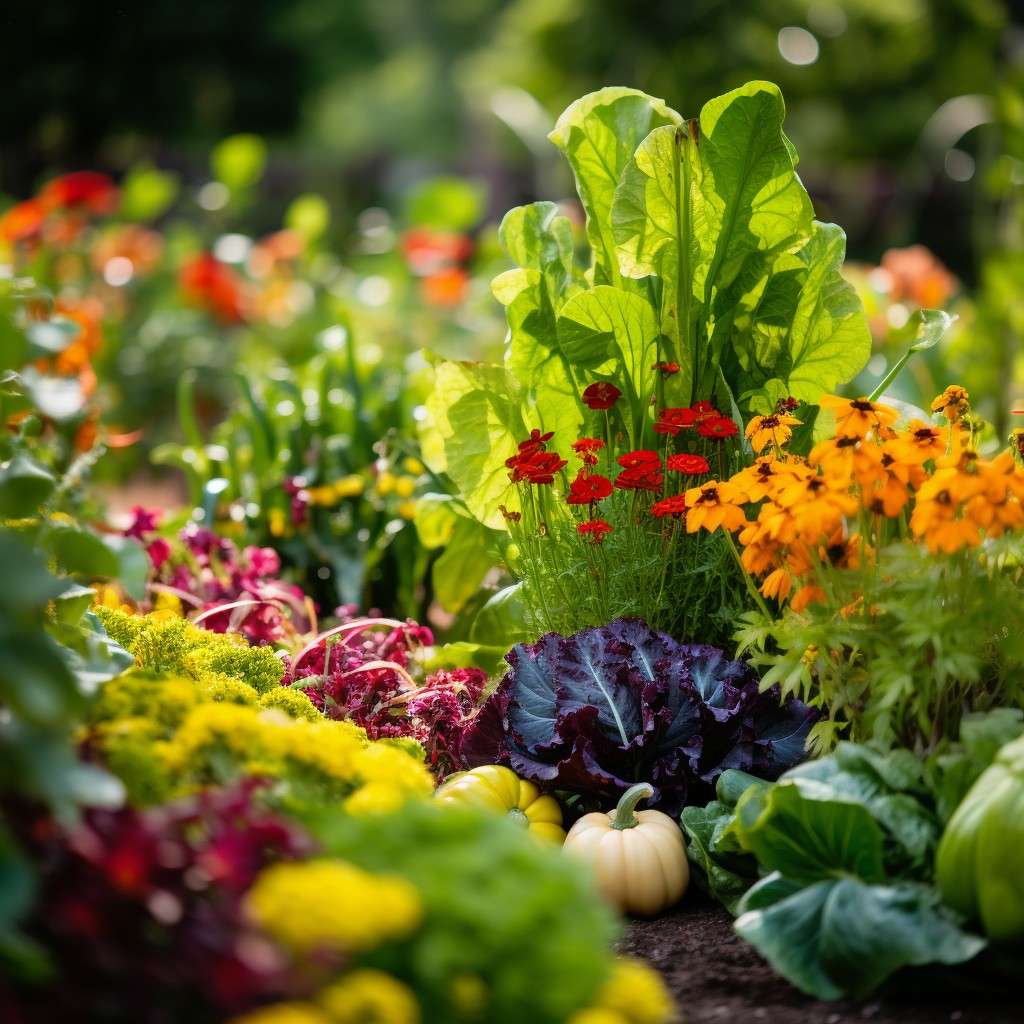
- Companion planting or intercropping is when you plant species of different crops together to enhance growth, reduce pest problems, provide pollination and control habitat for regular garden maintenance.
- Intercropping is quite beneficial as it allows the selection of great companions, like tall plants that provide shade to sun-sensitive shorter shrubs that thrive in the surrounding environment.
Lawn Care
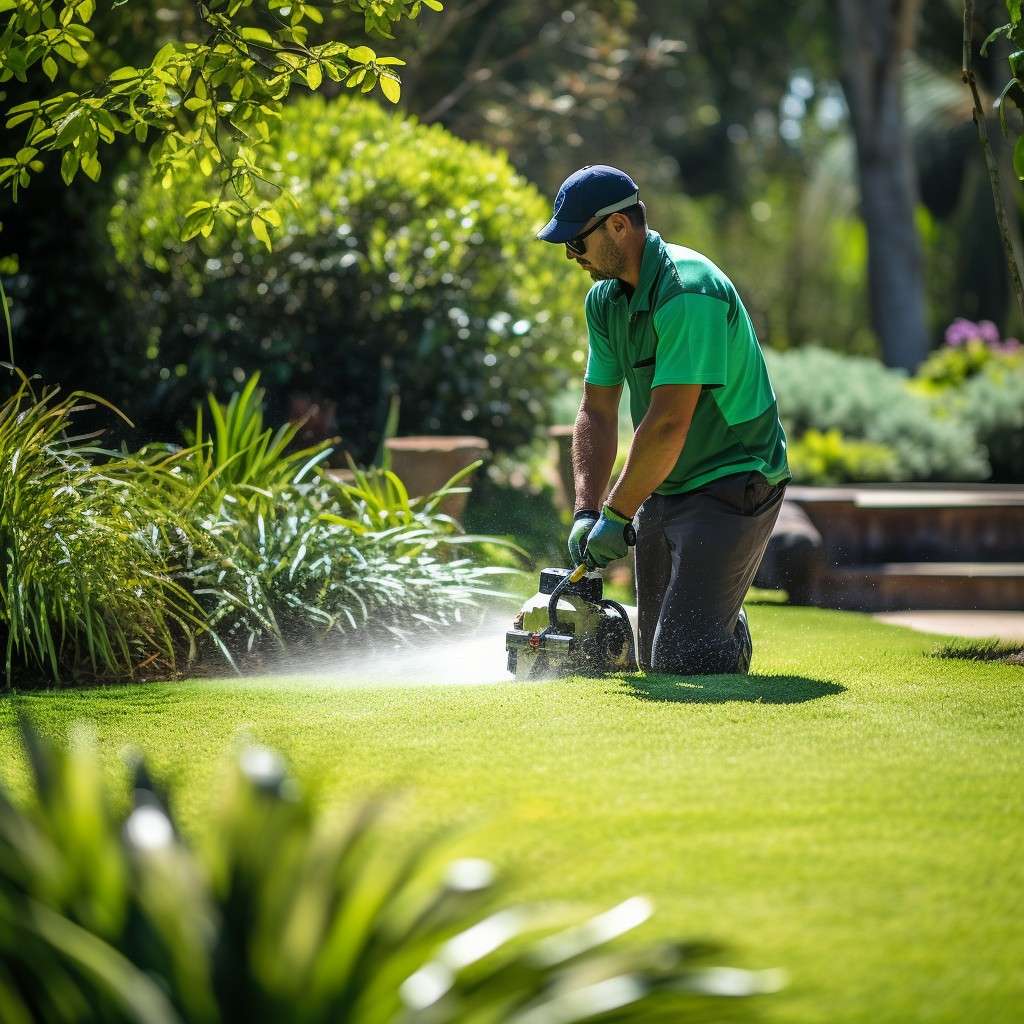
- For lawn and garden maintenance, opt for a balanced approach to watering, mowing, and protecting it from extreme weather conditions. If the temperature of your region rises anything above 30°C, the lawn will suffer and stunt growth.
- Try to keep the grass slightly taller and avoid mowing too short, which can provide shade and reduce moisture loss.
- Provide optimum water to the grass for garden maintenance between 4 ' 8 am as the early morning timing reduces water loss due to evaporation. For outdoor gardens use 10-15 litres of water per square metre to avoid water logging and mould formation.
Pruning and Fertilising
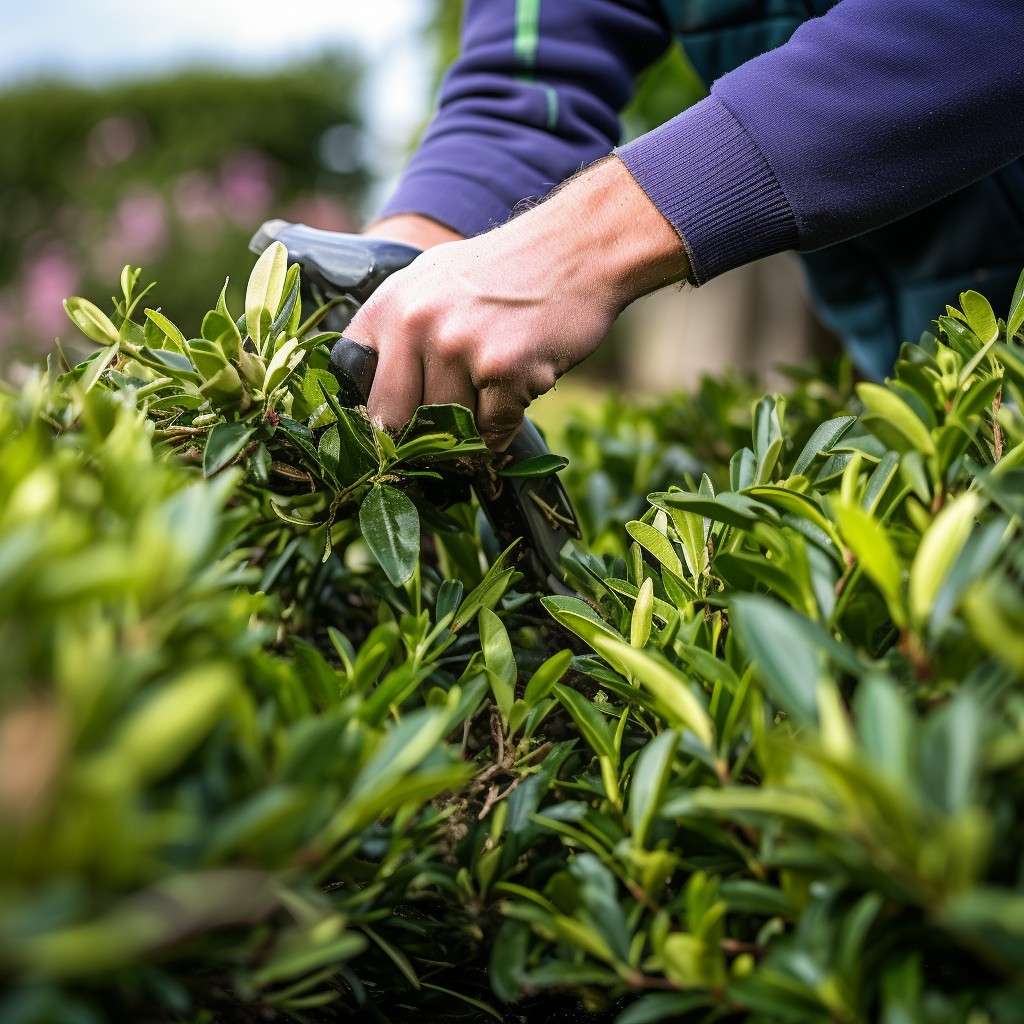
- Pruning encourages productive growth and makes room for shaping plants aesthetically. Similarly, culling your plants aids in garden care and maintenance, cleaning up the unhealthy bits and fostering your garden to flourish.
- Use organic fertilisers, like compost or manure, that release nutrients slowly and enrich soil structure.
Weeding
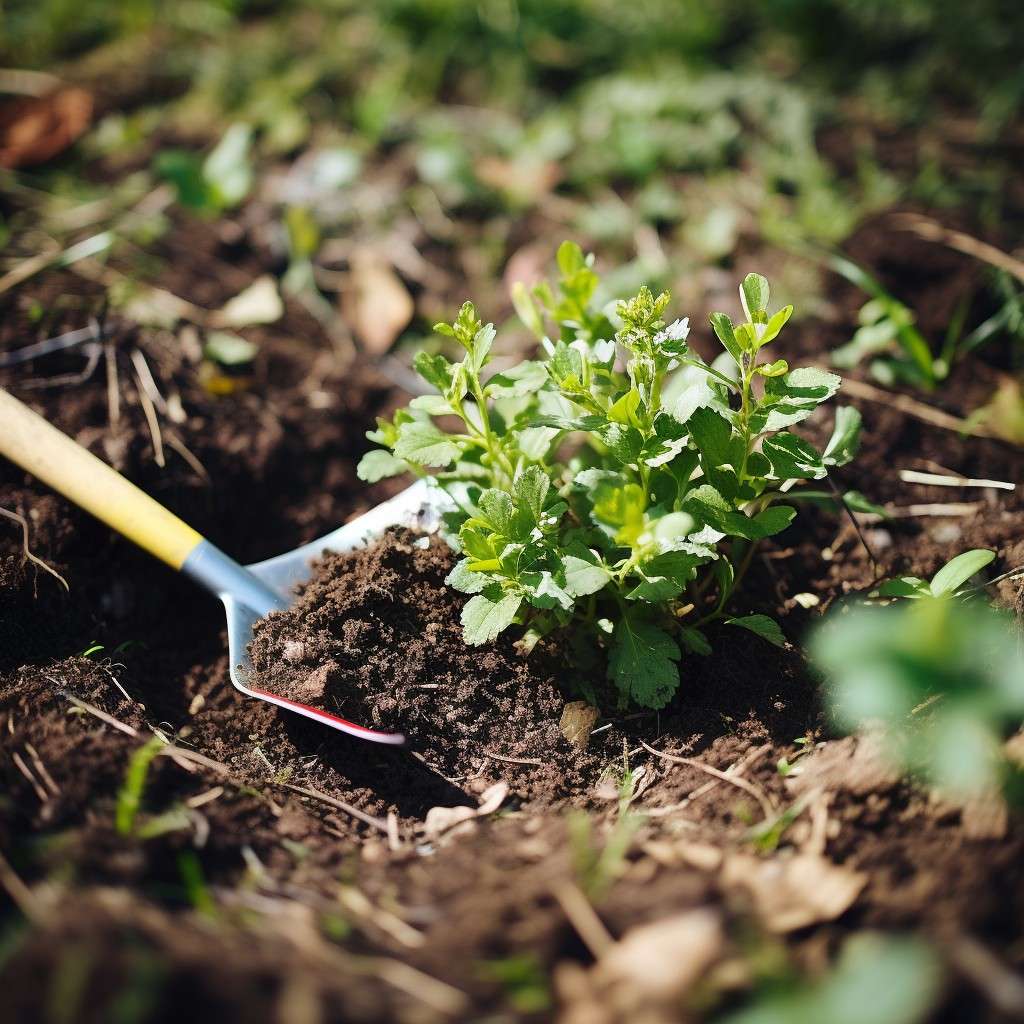
- Weeds compete with the resources that your plants need and become an unsightly nuisance. So, remove weeds effectively when they're young before they can spread seeds.
- The use of mulch can suppress weed growth by blocking sunlight. If still facing the problem, remove the existing source from the roots to prevent it from regrowing. Ensure that regular checks are kept for complete garden maintenance.
Raised Beds
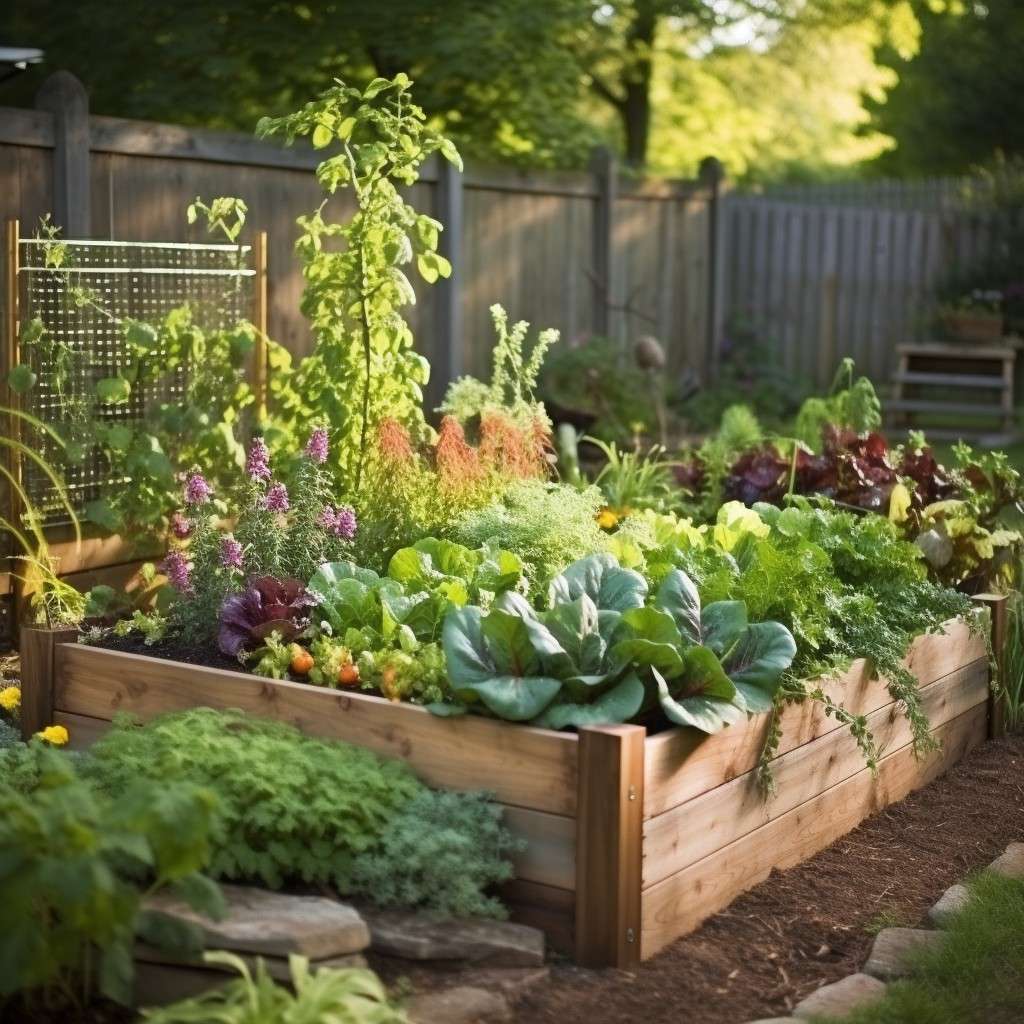
- Adding raised beds (or garden containers) helps plants settle in and mature. Raised beds are great if you want to start small or grow a variety of sections, for both beginners and green thumbs alike.
- It enhances the depth and aesthetic appeal of your garden. Moreover, raised beds improve drainage and water retention in areas that have super-sandy soil.
Final Words!
By following the above tips and practices for your garden care routine, you can create a vibrant outdoor space that resonates with the harmony of nature. These garden-maintenance ideas create a sustainable and livable environment for your home while fostering a sense of beauty and tranquillity.
If you are looking for more interesting and inspiring blogs on decor and garden ideas, contact the experts at Interior Company.
*Images used are for illustration purposes only. Interior Company does not hold any copyright to the images unless mentioned explicitly.
Ready for a home transformation?
Let our designers assist you!
Recent Posts
Water your garden deeply but infrequently for healthy stud growth. Depending on your climate, soil conditions and types of species, water your plants in the early morning to reduce the risk of plant diseases.
The main tasks include regular watering, pruning, weeding, checking soil and plant health, applying fertilizer and looking out for pests and diseases. Regular care and garden maintenance sustain a healthy environment.
For home garden maintenance, consider these key factors:
- Plant Selection
- Soil Quality
- Watering
- Pruning
- Mulching
- Weed Management
- Pest and Disease Control
Related Category
- Door Design
- Exterior Design
- Indoor Plants
- Outdoors























